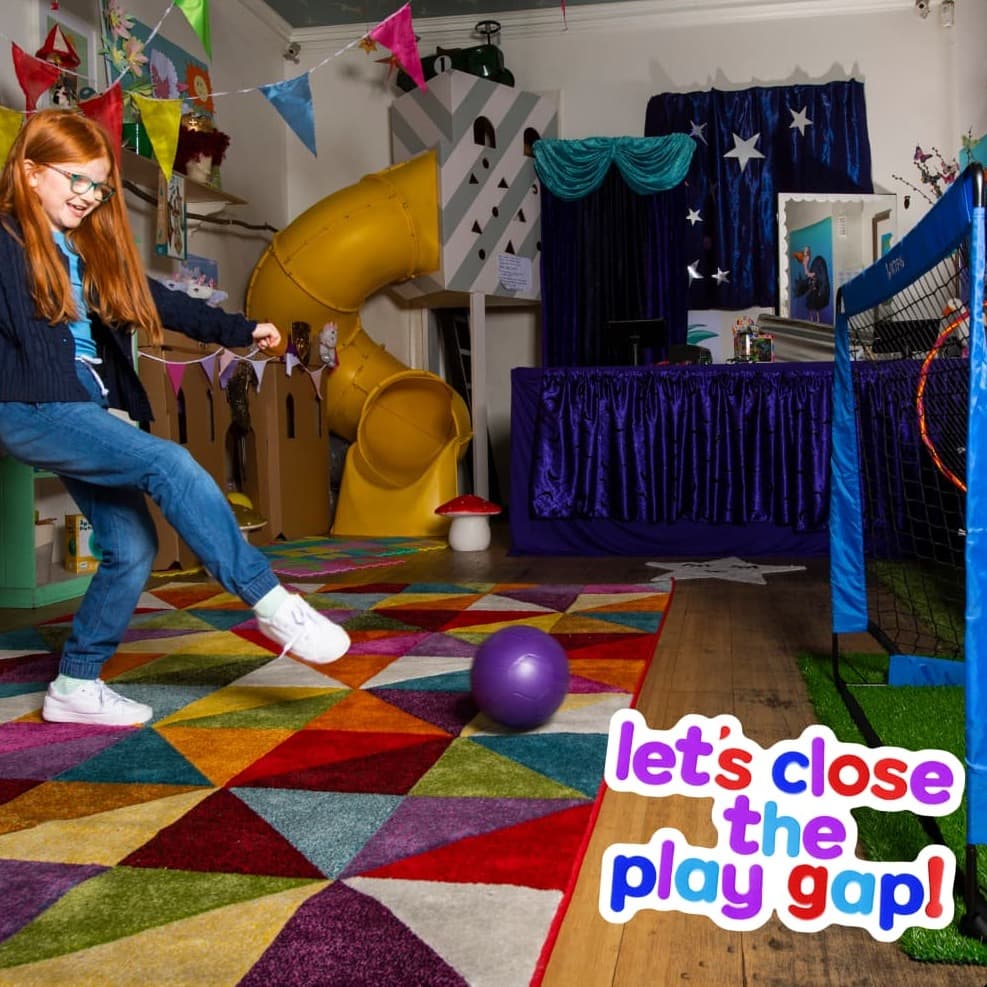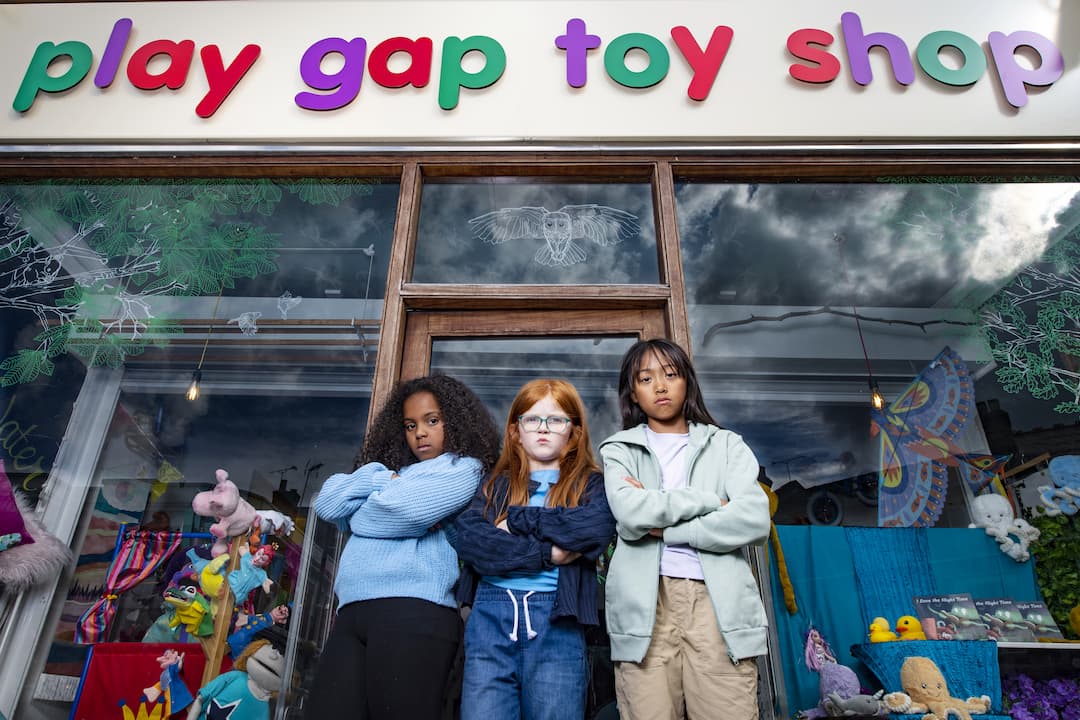Make Pocket Money Equal
Why we must inspire money confidence in our daughters – and how
Why we must inspire money confidence in our daughters – and how
By Cathy Reay
Cathy Reay writes about disability, accessibility and single parenting for the likes of The Guardian, The i and Metro UK.

Talking to kids about money is incredibly important – but it’s even more crucial for girls’ financial future than for boys’. Teaching girls to be assertive when it comes to asking for more money, and making sure they’re given the same amount of pocket money as boys, is key to providing a solid foundation from which they can feel confident to challenge their salaries and gender discrimination as adults.
Not teaching girls how to be confident around money – or giving them less than boys – can normalise lower ‘pay’ for girls, contribute to negative feelings of self-worth and, as adults, make it more difficult for them to request and receive pay rises.
Aside from money matters at home, educationally we tend to encourage boys to be interested in maths and science, which will have a direct impact on their understanding of money and ability to calculate and budget effectively as they mature. Whereas we usually encourage girls to invest their energy in creative subjects, which, if they then choose a career in that field, they could be paid a lot less. Even within the creative sector, because of the gender pay gap, women are still paid less than men.
Part of the reason women could be paid less than their male counterparts is because we simply don’t ask for more. Research has shown that women are more reluctant to try to negotiate higher salaries than men. In one Harvard study, half the recent MBA graduates who were men were comfortable negotiating their salaries, compared to just one eighth of women.
“Part of the reason women could be paid less than their male counterparts is because we simply don’t ask”

However, it’s important to note that part of the reason women probably don’t request a pay increase is because they’re much more aware of how that could play out for them. According to the Harvard Business Review, “Women get a nervous feeling about negotiating for higher pay because they are intuiting — correctly — that self-advocating for higher pay would present a socially difficult situation for them — more so than for men.”
Society is quick to brand women as ‘difficult’ or ‘bossy’, so it’s not surprising that women feel fear in entering these conversations. Will it create a negative working environment? Will it stop the business from considering me for that promotion I want next year? The possible negative outcomes of asking for more are scary, and so many of us simply don’t ask.
So what’s the answer? Well, awareness is the first step, then it’s about figuring out what works for your family. Here are some ideas from my home:
Walk through simple maths money problems step-by-step, encouraging and praising them for their calculations (even when they get the answer wrong!): “Well done, £4, you’re almost there. The original goal was £8, how much more do we need?”
Trust them to manage their own money, while you regain control, by using Starling Kite. The debit card and app for kids helps them learn about money in a practical way and you can set limits in your own app, while keeping a watchful eye on their spending.
Don’t give boys more just because they ask for it or because they sign up to more laborious tasks. Work out a way of distributing pocket money that is fair and makes your daughters feel just as valued.
Avoid using language like ‘loud’, ‘demanding’ and ‘bossy’ when talking about girls and money matters. This may contribute to them wanting to withdraw and doubt their abilities to manage their own money.
“awareness is the first step, then it’s about figuring out what works for your family.”
Closing the gender pay gap is a complex issue and one that won’t be solved simply by equally dividing children’s pocket money. It’s about building solid foundations for your child(ren), no matter their gender, so they can feel confident talking about money, identifying unfair pay situations and negotiating better outcomes for themselves. After all, money talks.
